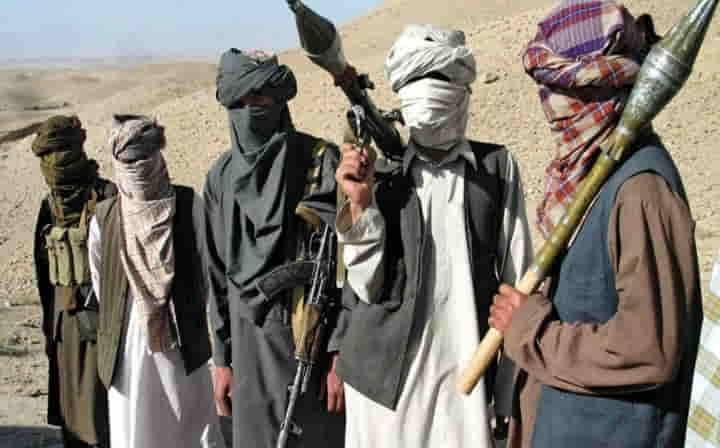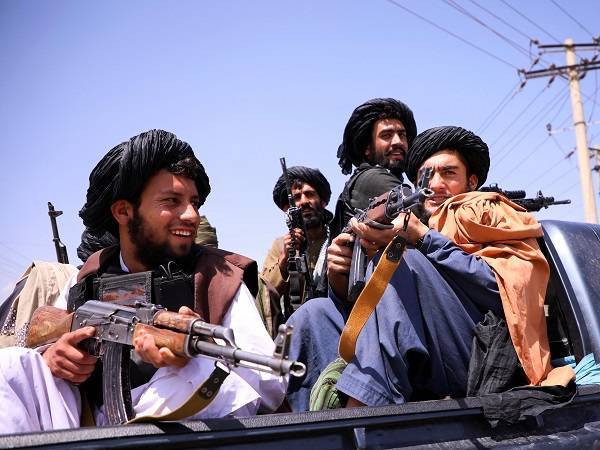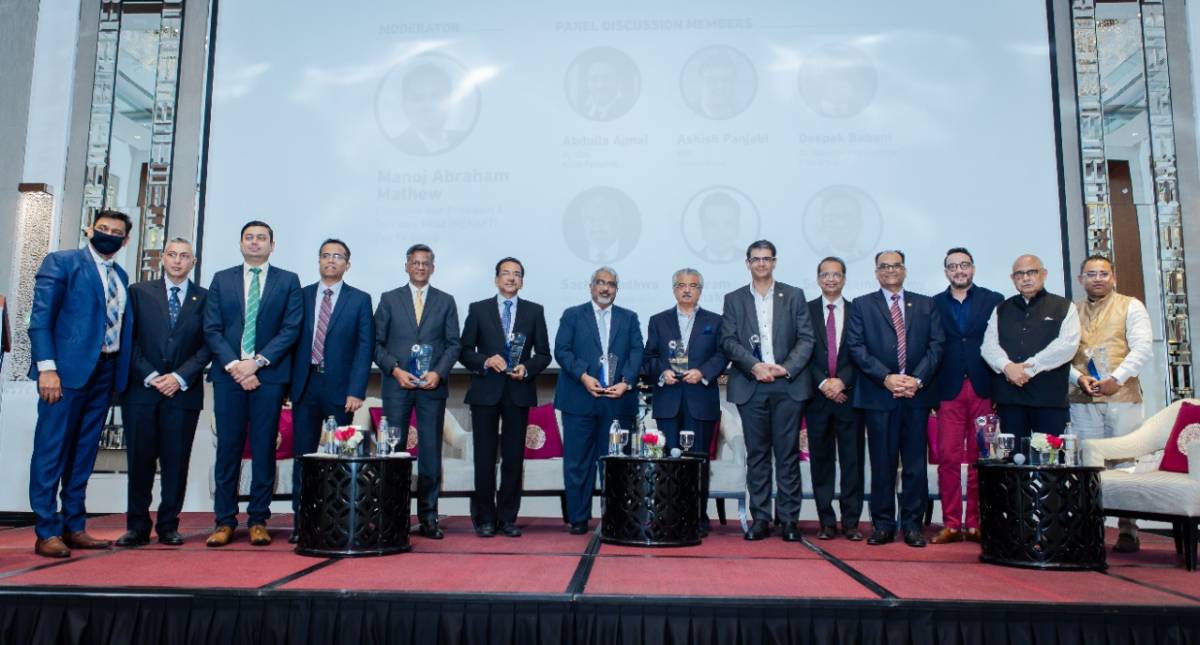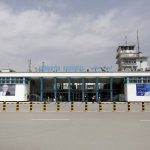Taliban are firm on their decision to keep the neighbors away from Durand Line. Imran Khan’s Afghan policy is making Pakistan vulnerable to terror attacks and an invasion … writes Dr Sakariya Kareem
Prime Minister Imran Khan’s doomed Islamic and foreign policies have dragged Pakistan into a vicious web of terrorism which has endangered the lives of millions of citizens in the last year. According to a study reported by a well-known Pakistan think-tank, Pakistan Institute for Conflict and Security Studies (PICSS), the country witnessed a56 per cent increase in the number of terror attacks during 2021 after a gap of six years of declining terrorism.

Last year, 294 terrorist attacks were carried out by different groups of terrorists, killing 388 people and wounding over 600 people. This is a phenomenal rise in the number of terrorist attacks, signaling a clear return of militancy in Pakistan.
Despite putting citizens at a higher risk of terrorist attacks, neither Prime Minister Khan nor his allies in Kabul have chosen to make a comment on such a critical issue leave alone any plan to deal with terrorist groups who are known allies of either Pak-based groups or Afghan groups.
Take for example, Tehreek-e-Taliban Pakistan (TTP), a virulently anti-Pak terrorist group which once was a protégé of Pakistan Army. Since they parted ways, the group, living under the patronage of Afghan Taliban, has been targeting Pak security personnel and assets, besides civilians, in the last several years. Going against public will and outcry, Imran Khan chose to strike a deal with TTP after the Taliban took over Kabul.
The Taliban, once in Kabul, chose to turn back on their promise to ensure that TTP does not attack Pakistan. They compelled Imran Khan to sign a secret deal which, however, fell even before the ink dried up on the paper. The same Taliban, whom Khan has been supporting for years, refused to help Pakistan to deal with Islamic State-Khorasan (IS-K) and now has asked him to stop building the fence along the Pak-Afghan border.

With friend in Kabul turning the other way, Khan is faced with an increased threat from terrorist groups enjoying the patronage of the Taliban. There is now a greater danger of attacks from TTP and IS-K in the near future, leaving his country most vulnerable to terrorism.
Although the Prime Minister refuses to acknowledge, the PICSS report has pointed out that the rising militant offensive in Pakistan has coincided with the rising Afghan Taliban military offensive between May and August 2021. In August, for instance, Pakistan experienced 45 terrorist attacks, the highest number of attacks in the year. It is a clear lesson that militancy has no boundaries.
Provincial data showed that Balochistan experienced the maximum number of deaths—170—in 103 attacks. In Khyber Pakhtunkhwa ‘s tribal areas, 117 persons were killed in 103 attacks. About 59 militant attacks took place in the rest of the province, taking a toll of 63 persons. In Sindh, 23 people were killed and 29 injured in 15 attacks.
READ MORE: IMF calls on Pakistan to renegotiate loan programme
READ MORE: Sharp increase in food prices pushes inflation up in Pakistan














